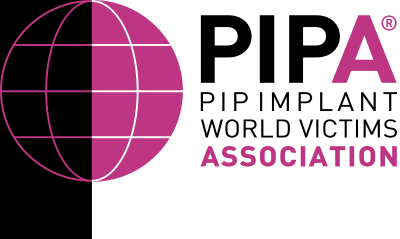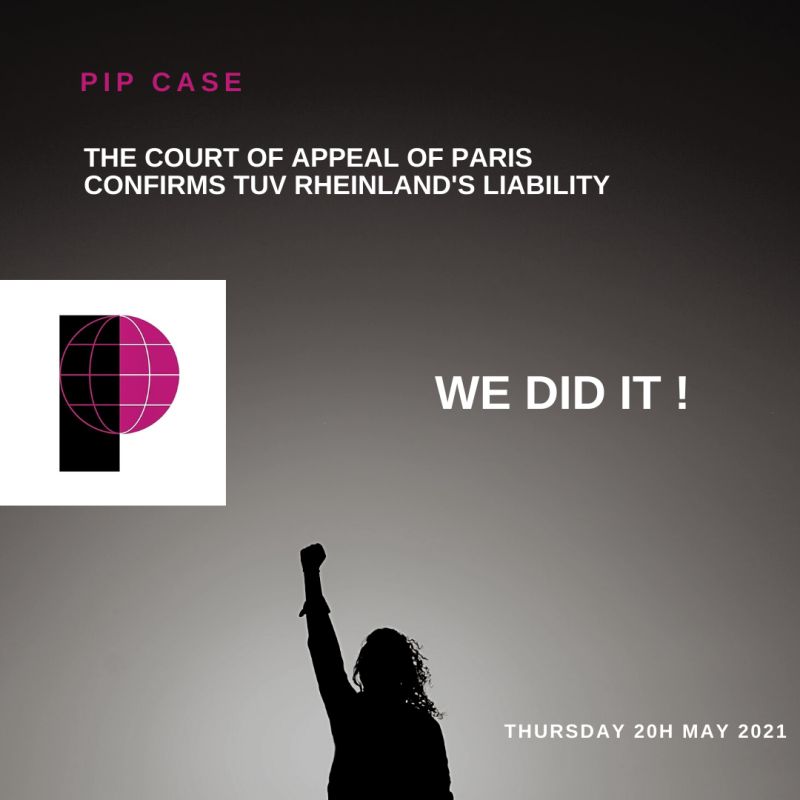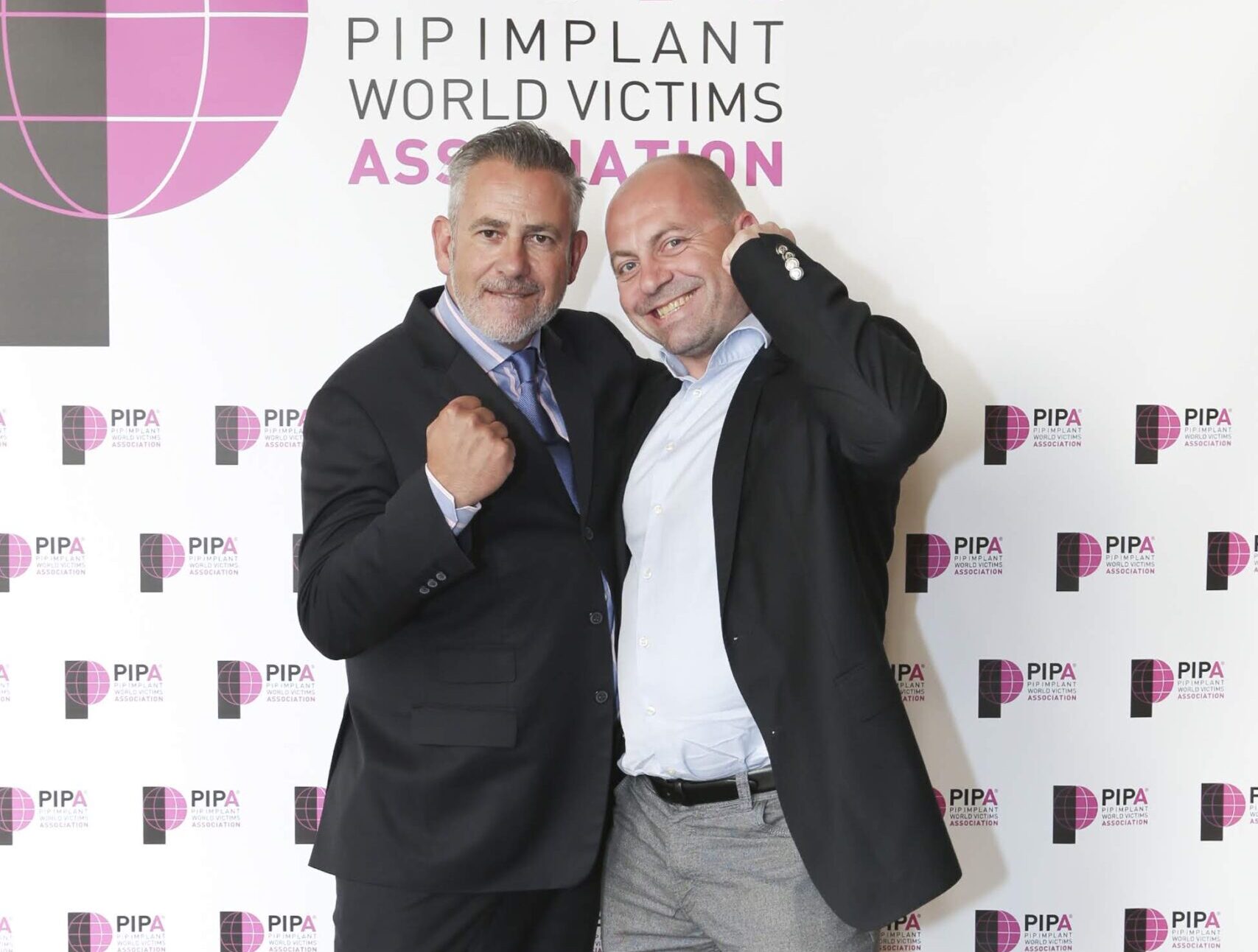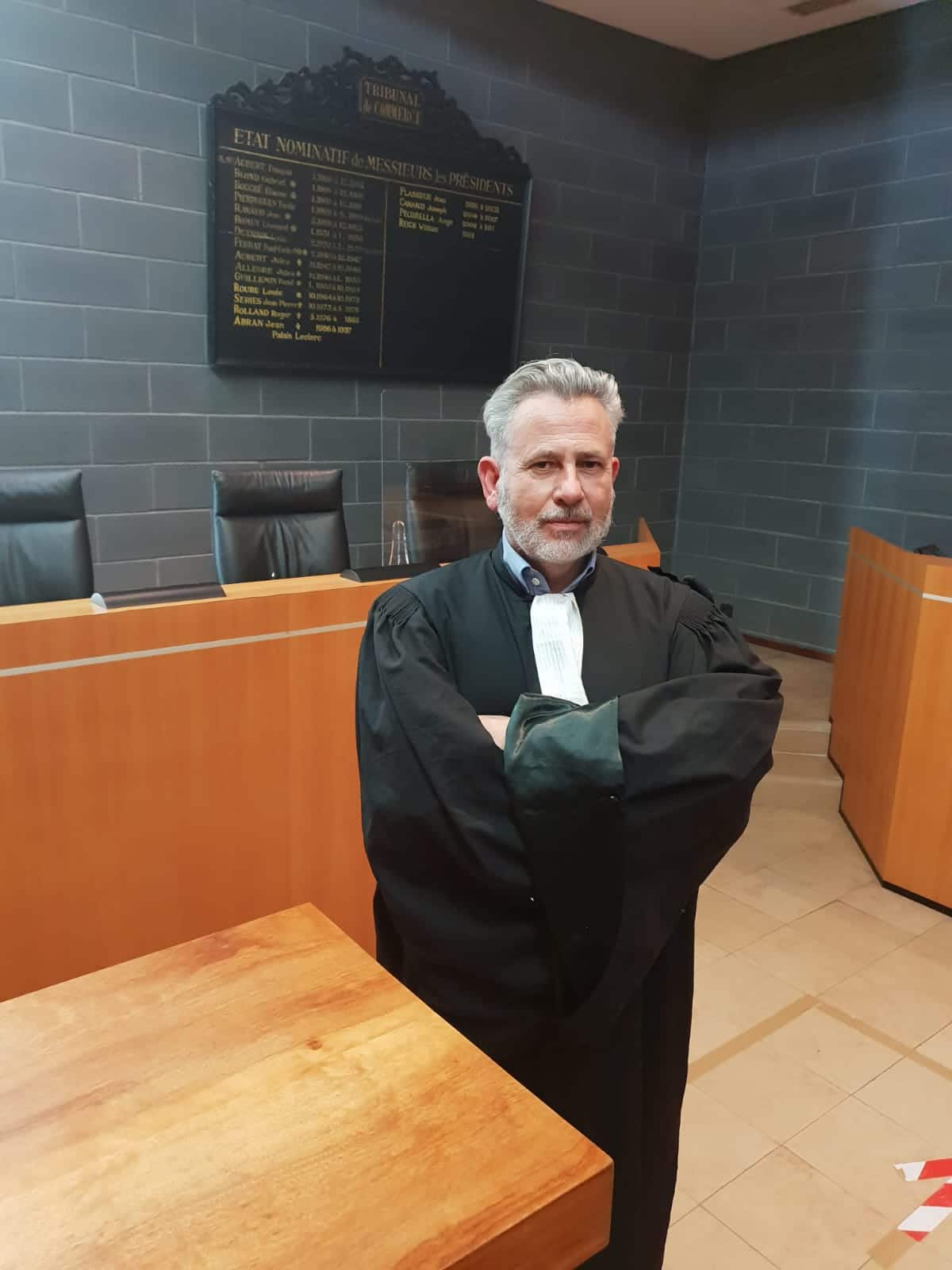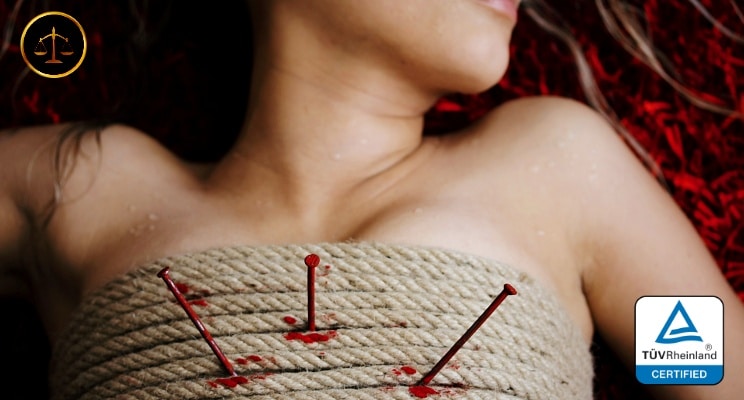Several French courts will rule in the coming months on the responsibility of the certifier of the fraudulent breast implants. Its certification enabled their worldwide marketing until 2010. Corollary to the issue of TUV Rheinland’s civil liability, the courts will have to determine the terms of compensation for the 300,000 victims, 25,000 of whom have already claimed compensation from the courts.
1. PROCEDURES AND TIMETABLE
see full information here
2. CIVIL LIABILITY REMAINS DISTINCT FROM CRIMINAL PROCEEDINGS
The PIP case served as a reminder
that one could be declared a victim in criminal proceedings while being liable
in civil ones. This situation, which TUV pretends to be a paradox, is not
exceptional and is perfectly accepted in law. This is the story of a person who
rents a car and has it stolen after leaving the keys on the door unattended: in
criminal cases, he is indeed the victim of theft; in civil cases, he is liable
to the car rental company.
All the courts that have ruled in
civil cases, including the Court of Cassation, have rightly considered that the
criminal aspect had no impact on the assessment of TUV’s civil liability.
The Criminal Court, which convicted
Jean-Claude Mas and his accomplices for deception and admitted TUV Germany as
one of the victims (unlike TUV France), made this clear in its decision of 10
December 2013, thus preventing any ambiguity: “It is
common ground that any faults or negligence committed [by
TÜV] in the performance of the task
for which it was responsible have no bearing on the crime of fraud
of which it was a victim and which caused it harm…. “and vice versa.
The criminal judge also held that the
women with PIP implants had been “put at ease by the guarantees surrounding these products in that they had
CE certification requiring serious and in-depth quality controls and tests”
and “that they believed they were
acquiring an implantable medical device that complied with the standards
established by European legislation and therefore subject to all the tests
required” by these regulations.
In fact, in the context of the ongoing investigation for homicide and involuntary injuries, TUV RHEINLAND was placed by the investigating judge under the status of assisted witness.
3. THE CONCEALMENT OF THE PIP ARCHIVES FROM THE FRENCH JUSTICE SYSTEM
In 2012, TUV had the PIP archives
stored at its French subsidiary urgently repatriated to Germany prior to a search of its premises.
The director of TÜV France, Mr LESIEUR thus indicated to the investigators
that, at the request of TÜV Germany, “all the documentation concerning PIP”
had been repatriated to Germany .
An official from TÜV Germany even
came to France personally “to make
sure that no documents concerning the company Poly Implant Prothese were kept
on the premises of TÜV France“.
Three weeks later, in March 2012, the TUV
companies will hand over to the investigators on CD Rom the documents from
these archives selected by them, so that the case has been investigated in the
light of the information that TUV has agreed to hand over to the French Justice.
More recently, in September 2020, the Court of Nanterre issued an
order appointing a
bailiff to visit TUV to obtain explanations on the location and existing
inventory of these archives, and for the purpose of retrieving them in their
entirety.
TUV refused to comply so that the bailiff was unable to fulfil his mission.
4. THE EMAIL FROM TUV FRANCE TO TUV GERMANY: “I’M DEAD”.
Although TUV has repatriated its archives, the investigators were able to
capture an exchange of emails dating from 2011 between the head of the medical
department at TUV France (Mr DURAND- VIEL) and his German counterpart whom he is interviewing,
panicking at the idea of having to answer questions in front of a judge :
“What are auditors supposed to check …
I may seem strange that, after almost
600 audits, I have to ask you this question!!!! »…
He notes
that he is undergoing training with TUV’s lawyers to prepare for the hearings: “I had no difficulty in
answering the first set of questions, but
after 2 hours and 40 tricky questions, I started giving contradictory (or
inconsistent) answers, especially on the above point (…)”.
He
admitted that he was carrying out his audits without having the design file: he
had to check in the kitchen that the recipe book was being properly applied but
did not have it with him:
“I didn’t have any copy with me of
the design file where the information on the raw material declared by PIP was
mentioned, so they [TÜV lawyers] asked me why I really wrote
all this information in my handwritten notes (and in the report) if I was
unable to check if it was correct? Who was supposed to check whether the correct
reference of raw material was used? … »
Mr DURAND VIEL adds in his email of 12 January 2011 that TUV’s lawyers noted that in
some years only French auditors performed the audits:
“Furthermore, they [TÜV
lawyers] raised the point that 2 French auditors had carried out the 2009
audit, (…) They [TÜV lawyers] said that this situation may have led to a lack of communication [between France and Germany], which may
explain why we were unable to check things properly…. »
As his German counterpart did not answer him, Mr
DURAND VIEL insisted in a second email dated 14 January 2011:
What are auditors supposed to check when
performing an Annex II.3 (followed by an Annex II.4) audit for Class III
devices? Do they have the task of checking the consistency of the materials and
processes audited on site with the content of the design file that was approved
in Cologne?
I see only 2
possibilities:
- The auditor is supposed to check the consistency between the design file
that has been evaluated and the actual manufacturing process (including raw
material references): in this case, I am
dead because I was unable to do so, taking into account the fact that I did not have access to the
content of the design file in Cologne,
- Or the auditor is not supposed to check this consistency: then that’s
fine for me, but the following questions come up: who is supposed to check it? ? ? We will not be able to avoid this
question. Again, 2 possibilities:
2.1 If it is the Notified Body’s
Certification Committee, then this would explain why I have recorded all the
information concerning the raw material references, to enable the Certification
Committee to compare what I saw with the contents of the design file (but the
Notified Body’s Certification Committee has never made such a
comparison, being satisfied with the work of the French auditors).
2.2 If not, then WHO? ? Maybe nobody, but then our opponents will easily
point out a huge gap in the system, because we check a nice design file, but nobody checks if it is in accordance
with the actual practice of the company.
The whole case is
practically summed up here: the TUV manager wonders who was supposed to check
that the design file was actually applied at the manufacturer’s premises. He
admits that TUV France could not do this because it did not know the design
file and was not authorised to do so, and that since TUV Rheinland Germany did not carry out this verification
either, nothing was seriously audited. PIP’s managers could do whatever they
wanted.
As of 2011, this analysis, communicated internally
within TUV, actually points out shortcomings in the control of PIP, revealing
in particular a complete failure in the verification of raw materials.
Over the past 9 years TUV Rheinland has sought to deny and conceal this major fault in the performance of its mission as a notified body in disregard of the public service delegation conferred by this status. The world number 2 for quality assurance had to be the guarantor of the safety that the CE mark (European conformity) is supposed to provide. This is the essential objective of the regulation: to ensure that no medical device placed on the market compromises the health of users.
5. THE INTERVENTION OF TUV FRANCE
TUV France was not authorised to certify medical devices but only low-voltage
electrical equipment. The fact that it was this subsidiary that carried outmost
of the PIP audits is
in itself an infringement of EU regulation.
The intervention of TUV France’s
auditors is a key point which explains why
TUV did not see anything, even though the elements revealing the non-compliance
of the implants were not hidden.
TUV Germany, which was responsible
for issuing certificates guaranteeing the quality and conformity of the
implants, understood this. This is certainly what motivated it to claim at the
beginning of the lawsuit that its French subsidiary had played no role in the
control of PIP, other than that of a “point of contact”. It was only after the Commercial Court of Toulon
forced it to provide certain documents that TUV acknowledged the intervention
of TUV France, in a spectacular reversal of the defence. It then transmitted a sub-contracting
agreement between TUV Germany and TUV France dated 1997, which it had previously
deliberately concealed.
A flow of invoices was also
discovered, which
shows that TUV France invoiced PIP for the work of its own employees and not
for that of TUV Germany.
Visibly embarrassed, TUV changed its
argument again, explaining that TUV France had intervened as a subcontractor as
the regulations would have allowed it to do. However, the regulations only provide
for this possibility in a very limited framework and for one-off tasks. However,
it was pointed out that TUV France’s auditors had carried out the bulk of the
audits, which is totally contrary to limited subcontracting.
An examination of the invoicing shows that between 2001 and 2010, PIP
was charged at 75% by TUV France and only 25% by TUV Germany, which contradicts
TUV’s thesis: a one-off subcontractor cannot invoice 75% of a contract, unless
it does most of the work itself.
The judges of the Commercial Court
of Toulon analysed the case in 2013 and found that it was in fact TUV Germany which appeared to have been the
subcontractor of TUV France.
Faced with this umpteenth contradiction,
TUV developed a new thesis, arguing that in reality it was TUV Germany that had
“hosted” the auditors of TUV France who had intervened under its
control. It thus abandoned the thesis of subcontracting to argue that it was in
fact TUV Germany which had carried out everything, which is once again
contradicted by the facts.
The conduct of the audits by unauthorised French auditors who did not have the design file explains the control failures, particularly with regard to raw materials.
6. CONTROL OF RAW MATERIALS
It is
known that PIP only used the authorised Nusil silicone for a very small part of
its production: less than 15%.
TUV
employees indicated in their statements before French judges that the control
of raw materials (and thus supply chain) was part of their obligations:
The
general terms and conditions and the contract between TUV and PIP provided for
this by giving the certifier strong means of control.
But the
design file was in the offices of TUV Germany. This reference document detailed
the technical characteristics of the authorised Nusil gel as well as its
dosages or modes of use. The CE marking, equivalent to a marketing
authorisation for medical devices, depended on the conformity of the
information contained in this thick file.
It is clearly established that although PIP
concealed the use of the Brenntag industrial gel, thanks in particular to a
USB memory stick on which Jean-Claude Mas stored false accounting records, it never changed the exact quantities of
Nusil gel that it actually purchased. This aspect was not disguised, whereas
an elaborate fraud would have consisted in artificially inflating the exact
quantities of Nusil.
Hanelore FONT (PIP Quality
Director): “Yes,
regarding my service nothing was concealed and nothing had to be...Everything about Brenntag was not
visible at the time of TUV’s visit[but]the figures of NUSIL were
not changed”.
Loic Gossard: Only
“orders from undesirable suppliers” (i.e. the Brenntag)
disappeared.
The French
auditors from TUV, who did not have the reference document, could not, however,
verify the quantities of gel required or compare their possible findings with
the dosages described therein. They found themselves in the role of inspectors
in charge of ensuring that a cook prepares a dish correctly, but without
knowing neither the recipe nor the ingredients.
A review
of PIP’s purchasing history shows that TUV’s auditors did not audit raw
materials. PIP did not purchase Nusil gel for periods in excess of 12 months. In 2004
PIP did not order any Nusil and in 2005 only 695 kg (although some 40 tons
would have been needed)
However,
the audits were supposed to be carried out at least once a year. If a check of
the silicone gel components had been made, TUV’s employees would have seen :
- that the legal period of 6 months for use was
exceeded
- that the same batch numbers appeared from one
year to the next.
A simple
reading of the supply list would have allowed TUV employees to realise that the
quantities purchased did not coincide with those produced.
TUV
explained that it was proceeding on a sample and survey basis.
In 2004,
there were zero gram of Nusil. When you probe the vacuum, what can you find?
TUV
could also question NUSIL and/or go to its European headquarters (located 130
km from PIP’s), which would have enabled it to establish that PIP ordered very
little or nothing from Nusil.
This
blindness of TUV is to be put in relation with its general laxity towards PIP.
It was indeed highlighted that TUV did not respect the audit schedule: it could
take a year and a half between two visits, well beyond the maximum period of 12
months.
TUV renewed its certifications several months before carrying out the corresponding audits. In other words, PIP was selling through certificates issued without control. Some documents were neither dated nor signed by TUV
7. LACK OF INDEPENDENCE
The
European directive on medical devices states that notified bodies are subject
to an obligation of independence.
The
Court of Cassation also reiterated this in its ruling of 10 October 2018: “the body and staff responsible for control
must be free of all pressures and incentives, particularly of a financial
nature, that could influence their judgment or the results of their control…”.
However,
TUV charged
PIP for consulting and training services, thereby establishing a
business relationship with the manufacturer it was supposed to control. In particular,
TUV France supported PIP in penetrating the Asian market.
We may
add, more anecdotally, that the invitations to the restaurant accepted by the
TUV inspector, who is also a native of Seyne-sur-Mer where PIP had its
headquarters, leave one with doubts about TUV’s willing for independence.
PIP employees stressed the closeness that linked them to TUV. Mr Gossart told investigators: “Whether it was AFFSAPS, the FDA or the Australian TGA, they all found significant anomalies. Only TUV never found anything. We didn’t have the same relationship with TUV and the health agencies. We always had lunch with the auditors, but not with the inspectors of the agencies”.
8. MULTIPLE AND REPEATED INDICATIONS OF NON-COMPLIANCE
The
alerts around PIP products were numerous and necessarily known to TUV.
- In 2001, the FDA (Food
& Drug Administration) sent a letter to PIP in which it listed an impressive
series of shortcomings in the application of PIP’s quality system. As a result,
PIP implants were banned from the American market while TUV certified them.
- The Australian TGA has also alerted PIP to
multiple non-compliances.
- TUV has been informed of complaints and class
actions in England concerning PIP implants.
- Finally, the MHRA – the British health agency
– sent a warning letter in 2007 to PIP and ZLG, the TUV regulatory body in
Germany, specifically about non-compliance. ZLG itself sent a letter on the
subject to TUV. This complaint followed a first report in 2002. The British MDA
had also intervened in 2000.
Despite
repeated requests from the victims, TUV stubbornly refused to include these
letters in the proceedings, to the point of opposing
the execution of a judge’s order by a bailiff.
It can
be added that TUV was responsible for ensuring the effective implementation of
a system for monitoring material vigilance alerts. In view of the number of
cases recorded, it should have been alerted about the quality of the products.
For the
victims, these indications of non-compliance make the conviction of TUV
inevitable.
In its 2018
ruling, the Court of Cassation stated that in the presence of such indications,
TUV, as a notified body, should have
- carried out checks on raw materials (an
obligation which was incumbent upon it even in the absence of such indications,
see above);
- controlled the final products;
- organised unannounced visits.
As TUV has not fulfilled any of these requirements, it is difficult to see how judges could not hold it liable.
CONCLUSION
It would seem incomprehensible in these conditions that the civil courts
seized of the case should rule in the sense of the Aix-en-Provence decision of
2015 which had surprisingly cleared TUV from responsibility, a decision that
the Court of Cassation entirely annulled after having pointed out its
insufficiencies and contradictions.
- It would be incomprehensible as to the reliability of the CE marking on which
European industry relies.
- This would be incomprehensible in view of the responsibilities entrusted by the European
Union to the certification players and their insurers, who would then have
no motivation to change their practices in the direction of strict and real
control.
- This would be incomprehensible from the point of
view of the French taxpayer:
If
victims were to be deprived of civil compensation, they would have no choice
but to bring civil proceedings in the criminal case under investigation for unintentional
injuries, with the costs of the expert’s report being borne by the public purse.
This would give them the possibility of benefiting from the guarantee of the
SARVI public fund, which is responsible for compensating the victims of crimes
whose perpetrators are insolvent. While this body has already paid out several million
euros to patients in connection with fraud, the amount could reach 750 million euros
given the total number of victims. This would be in addition to the €18 million
spent by the social security to enable French patients to have fraudulent implants
removed.
The PIP victims consider the case
to be damning against the certifier TUV Rheinland. It has to bear the
consequences of the scandal that the fulfilment of its obligations should have
led to avoid and prevent
